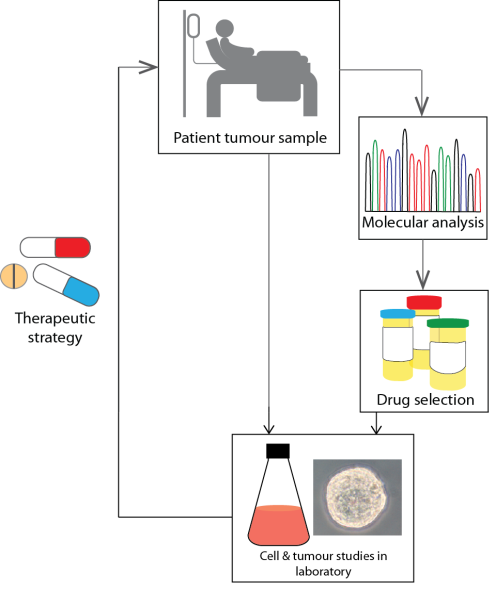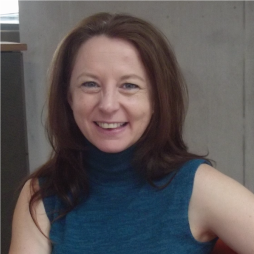Erler Lab, May 2017
Kræftens Bekæmpelse, the Danish Cancer Society, has awarded a 3-year postdoctoral fellowship to our newest member, Sebastian Rune Nielsen, to determine how the extracellular matrix regulates the function of tumour-associated macrophages in pancreatic cancer.
Patients with pancreatic cancer have the worst prognosis among all cancer patients, with only 7% of patients alive 5 years after their diagnosis. In 2030, pancreatic cancer is predicted to be the second most common cause of death among cancer patients. There is an urgent need to improve the therapeutic options for patients, as the survival rate has not improved in the last 10 years.
Already we know that the presence of tumour-associated macrophages in the pancreatic tumour correlates with decreased patient survival. In addition, the composition of extracellular matrix proteins, and the stiffness of tumour tissue, change as the tumour grows and the cancer progresses. The goal of this project is to determine how changes in the extracellular matrix, such as altered protein composition and increased tissue rigidity, regulate the function of tumour-associated macrophages in pancreatic cancer. The ultimate aim is to identify new tumour-promoting signalling pathways in tumour-associated macrophages that can be targeted therapeutically to block tumour progression in pancreatic cancer.
We are grateful to Kræftens Bekæmpelse for their support in this project. You can learn more about Kræftens Bekæmpelse by visiting their website: www.cancer.dk
 I was excited to present parts of my PhD thesis, giving insight into the disruptive force of the secreted extracellular matrix protein netrin-4 on basement membranes (
I was excited to present parts of my PhD thesis, giving insight into the disruptive force of the secreted extracellular matrix protein netrin-4 on basement membranes (

